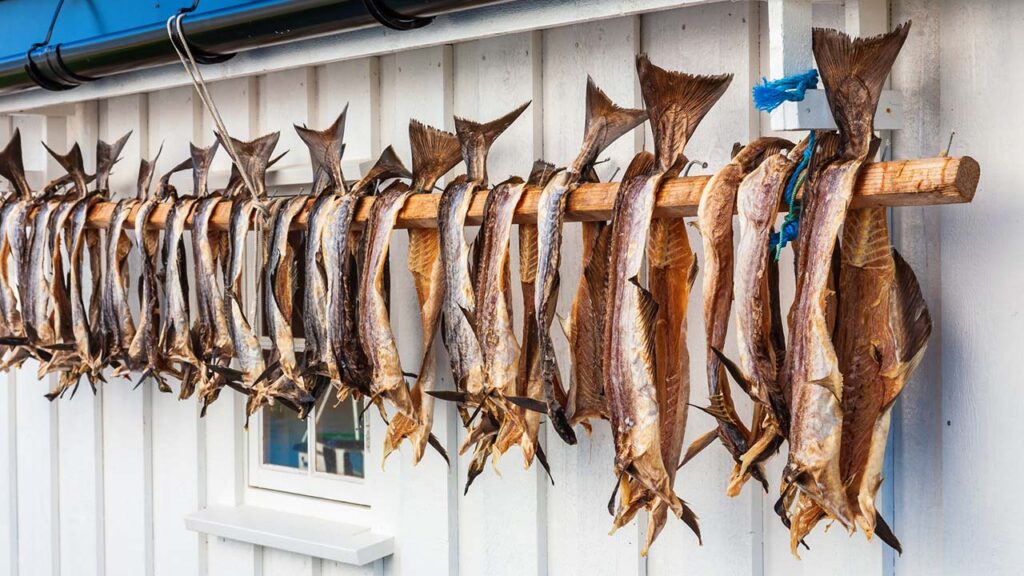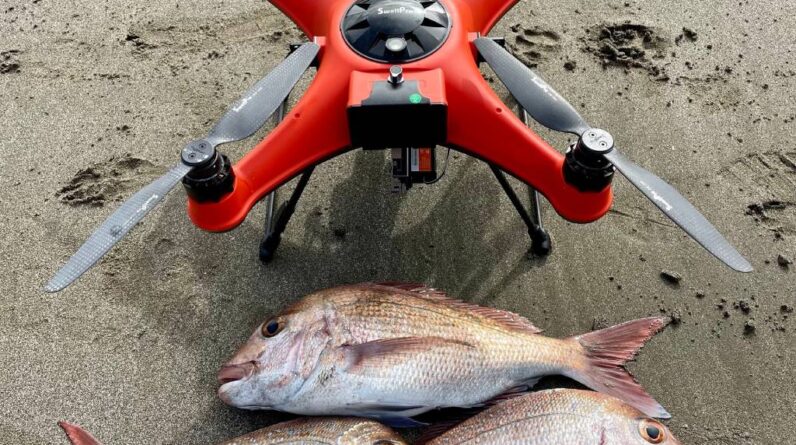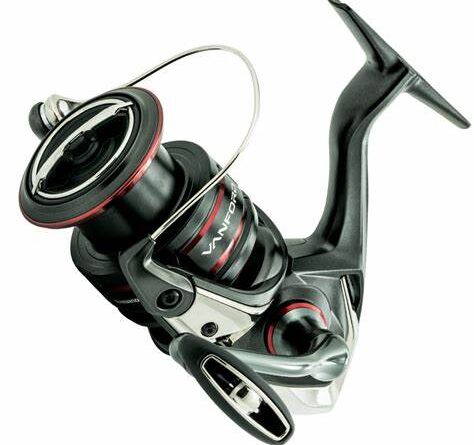As anglers, we share a deep love for the water and the natural world it harbors. Whether we’re fly fishing in serene rivers or casting lines into expansive lakes, our connection to the environment is undeniable. However, with this connection comes a responsibility to preserve and protect the delicate ecosystems that sustain our beloved fish species. In this blog post, we will explore the ways in which anglers can actively contribute to conservation efforts and ensure that our favorite pastime thrives for generations to come.

1. Catch and Release Practices
One of the most effective ways anglers can contribute to conservation is by practicing catch and release. This simple yet powerful act allows fish to thrive and reproduce, maintaining healthy populations. Here are some catch and release best practices:
- Use barbless hooks to minimize injury to the fish.
- Handle fish with wet hands or gloves to protect their delicate skin.
- Release fish quickly, avoiding unnecessary stress.
- Revive exhausted fish by gently holding them in the water until they swim away on their own.
2. Know Your Regulations
Understanding and following fishing regulations is crucial to conserving fish populations. Regulations are in place to ensure sustainable fishing and protect threatened or endangered species. Take the time to familiarize yourself with local fishing laws, size limits, bag limits, and seasonal closures. Ignorance of the rules is not an excuse and can have detrimental effects on fish populations.
3. Choose Sustainable Fishing Practices
Opt for sustainable fishing practices that minimize harm to the environment. This includes avoiding destructive fishing methods such as dynamite or poison, which can devastate aquatic ecosystems. Additionally, use non-toxic fishing gear and dispose of fishing line, hooks, and other debris properly to prevent wildlife entanglement and habitat degradation.
4. Support Conservation Organizations
Many organizations dedicated to environmental conservation rely on support from anglers and outdoor enthusiasts. Consider joining or donating to organizations that work to protect and restore aquatic habitats, such as Trout Unlimited, The Nature Conservancy, or local fishery improvement groups. Your contributions can make a significant difference.
5. Participate in Clean-up Efforts
Take an active role in maintaining the cleanliness of the areas you fish. Participate in local river or lake clean-up events, and encourage others to do the same. Properly dispose of your trash and any litter you encounter during your outings.
6. Educate Yourself and Others
Knowledge is a powerful tool in conservation. Educate yourself about the fish species you pursue, their habitats, and their ecological roles. Share this knowledge with fellow anglers and the broader community to raise awareness about the importance of preserving aquatic environments.
7. Practice Ethical Angling
Be a steward of the environment by respecting the natural world. Avoid damaging vegetation along shorelines, refrain from disturbing wildlife, and camp responsibly if you’re spending extended time in the great outdoors. Leave no trace and ensure that your presence has a minimal impact on the ecosystem.
Conclusion
As anglers, we have a unique opportunity and responsibility to contribute to the conservation of our planet’s precious aquatic ecosystems. By practicing catch and release, following fishing regulations, choosing sustainable practices, supporting conservation organizations, participating in clean-up efforts, and educating ourselves and others, we can play a pivotal role in preserving the environment we cherish. Let us be not just anglers, but stewards of the waters, ensuring that future generations can experience the thrill of fishing in thriving, healthy ecosystems.






